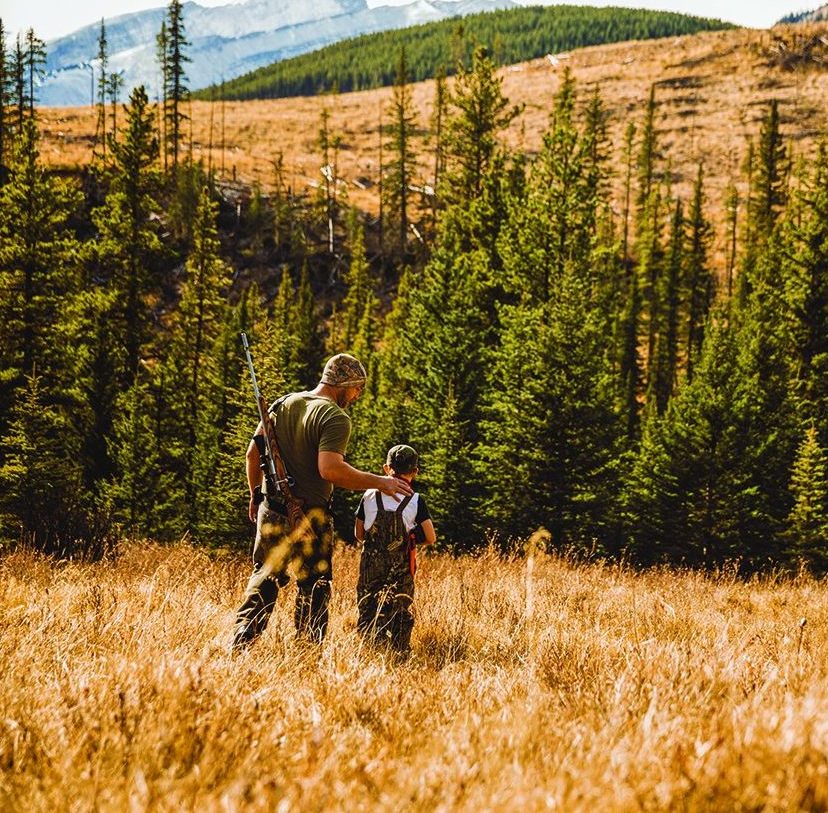Hunting draws millions of people into the great outdoors every year. Many avid hunters feel hunting is a great way to actively participate in nature while also taking responsibility for procuring one’s own food.
Hunting requires discipline, dedication, patience, and, perhaps most important, a commitment to safety. By prioritizing safety on each hunting trip, seasoned and novice hunters alike are acknowledging the potential dangers of this beloved outdoor activity while doing everything they can to ensure the trip is as safe as possible. Because safety plays such a vital role in successful hunting trips, hunters of all experience levels can benefit from a refresher course on the safety measures they should take each time they go on the hunt.
• Treat all firearms as if they’re loaded. Treating all firearms as if they’re loaded ensures hunters won’t be tempted to engage in the kind of fooling around that can contribute to tragic accidents. This approach can reduce the risk of firearm-related accidents or injuries, and can be an especially effective way to teach youngsters about the dangers of firearms and the correct ways to mitigate those dangers.
• Keep your finger off the trigger and only point at what you plan to shoot. Keeping your finger off the trigger until you’re ready to shoot ensures you won’t accidentally discharge your firearm. In addition, never point your firearm at anything other than what you plan to shoot.
• Know the forecast and dress appropriately. Firearms are not the only risk to hunters’ safety. Inclement weather can put hunters at the mercy of Mother Nature. According to the Mayo Clinic, hypothermia, which occurs when the human body loses heat faster than it can produce heat, can affect hunters who are unable to get out of wet clothes or move to warm, dry locations as their bodies lose heat. In addition, hunters may be at risk of hypothermia even if temperatures are hovering around 50 F. Before embarking on a hunting trip, hunters should read the forecast of the areas where they will be hunting and dress accordingly. Outer layers that repel water can help keep hunters dry, and hunters also should avoid wearing cotton, which retains moisture and can increase their risk for hypothermia. Clothing made with moisture-wicking fabrics is a great alternative to cotton.
• Share your plan with others. Returning home safe is the ultimate goal for hunters, and that’s more likely to happen when hunters share their hunting plans with others. Let someone, ideally a spouse, parent, roommate, or sibling, know when and where you will be hunting and when you expect to return by. Direct this loved one to call the local authorities if you do not call by a predetermined time. This can dramatically reduce the time it takes to find you if you become injured on your hunting trip and prove unable to get back to your vehicle safely.
Millions of people across the globe enjoy hunting. Avid hunters know that no hunting trip is successful if safety is not the utmost priority.





